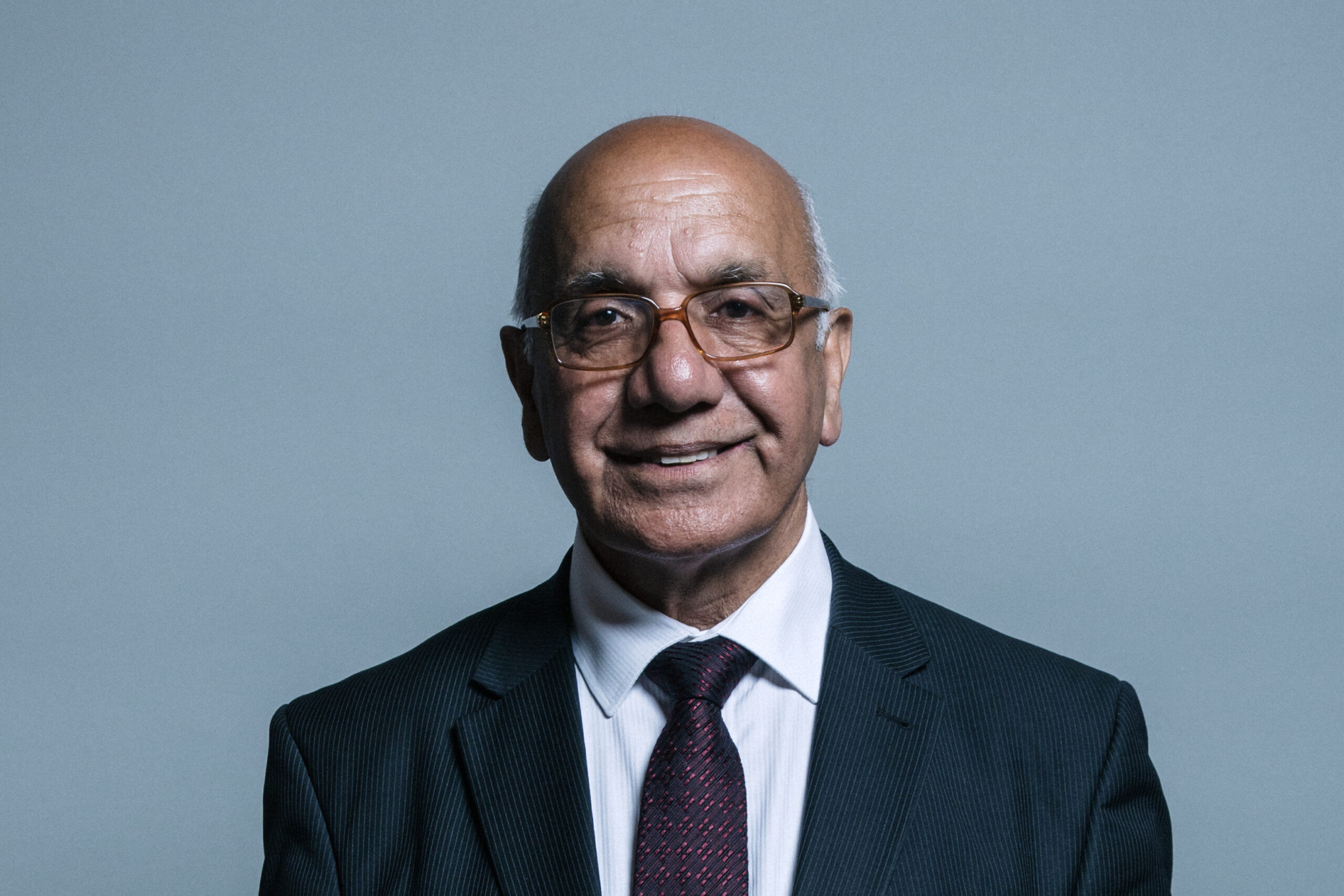The discovery and development of vaccinations is one of the most significant and impactful achievements in human history. Vaccines have proved to be one of the most successful public health measures to control, and in many cases eliminate entirely, deadly and infectious diseases that have taken millions of lives over the course of history.
The UK has a proud record of leading the world in the development of vaccines. In 1796, Edward Jenner tested the world’s first vaccine, injecting James Phipps with a vaccine against smallpox. At the time, smallpox killed roughly 30% of the people who contracted it, with higher mortality in young children and babies. By 1977, the World Health Organisation (WHO) announced that smallpox had been entirely eradicated globally – making it the only human disease to date that has been officially classified as eradicated. This incredible global achievement would simply not have been possible without a safe and effective vaccine. Since Jenner’s smallpox vaccine, researchers across the world have developed inoculating vaccines to combat all manner of infectious diseases, including polio, influenza, diphtheria and tuberculosis.
Vaccines are an essential part of our public health infrastructure. Vaccines primarily help to prevent the spread of disease by supporting the body’s immune system to fight off infections. There is irrefutable evidence that vaccines have a positive effect on reducing the incidence, spread and mortality of infectious diseases. When a significant portion of the population is vaccinated, herd immunity develops that provides indirect protection for marginal and at risk groups, including children, the elderly and those with pre-existing medical conditions. Not only do vaccines help to eradicate disease, but they also significantly improve the quality of life of the population, helping to protect against further illnesses that can lead to long-term or chronic health problems.
Vaccines are commonplace in the United Kingdom; babies receive their first vaccinations at eight weeks of age and many young children and adults will receive vaccinations in their schools at different points. However, this infrastructure for the effective delivery of vaccines is not present in all countries around the world. In many places, multilateral health organisations support national governments to deliver vaccines to their populations to great effect.
GAVI, The Vaccine Alliance, is one such multilateral. Founded in 2000, GAVI vaccinates more than half of the world’s children against infectious and deadly diseases, even in areas of conflict or humanitarian catastrophes. Equally, The Global Fund to Fight AIDS, Tuberculosis and Malaria provides nearly $1.5bn each year to strengthen health systems across the world to ensure the successful roll-out of immunisations. The UK has a proud history of supporting GAVI and The Global Fund and has been one of the leading donors to both funds since their inception. With both multilaterals holding their replenishments in the coming 12 months, it’s vital that the UK Government commits generously to support their work to ensure that people everywhere have access to life-saving vaccinations.
The Covid-19 pandemic really brought home the importance of vaccines. The success of mRNA vaccines against Covid have opened new and exciting avenues for vaccine R&D. The WHO recently provided conditional approval to two new malaria vaccines which have the potential to revolutionise the fight to eradicate malaria. Further, at least two promising TB vaccines are in stage 3 clinical trials, the final step before regulatory review and approval. A new TB vaccine would help the international community regain momentum towards eradicating TB that stalled as a consequence of the Covid pandemic.
Of course, vaccines on their own are not enough. Inoculation programmes must be accompanied by other public health measures such as population screening, case finding, education programmes and robust health systems. Strong health systems are fundamental to a successful vaccine roll-out and particular attention should be paid to healthcare worker training, supply chain management, and facilities capable of delivering vaccines safely. Alongside this, local manufacturing capabilities need to be strengthened so that vaccines can be produced anywhere in the world at a much quicker pace.
The legacy of the Covid pandemic has shown us that global health emergencies can arise anytime, anywhere and with untold consequences. Effective and deployable vaccines are the best intervention we can use to protect ourselves well into the future.
The legacy of the Covid pandemic has shown us vaccines are the best way to protect ourselves


